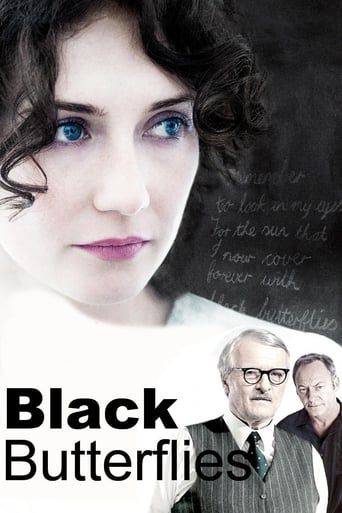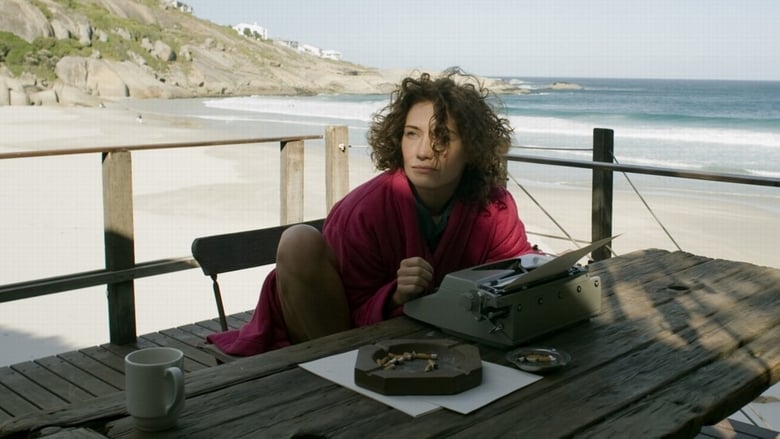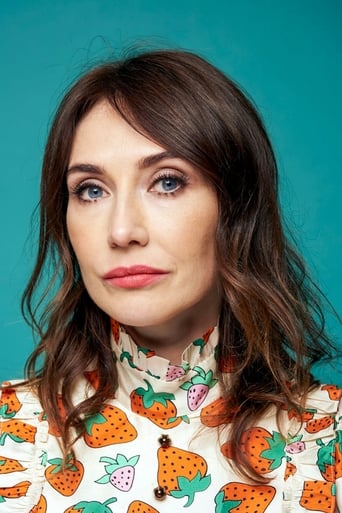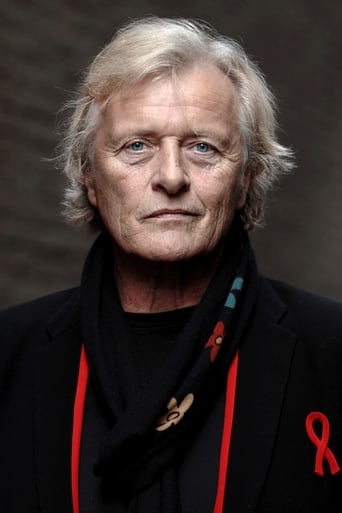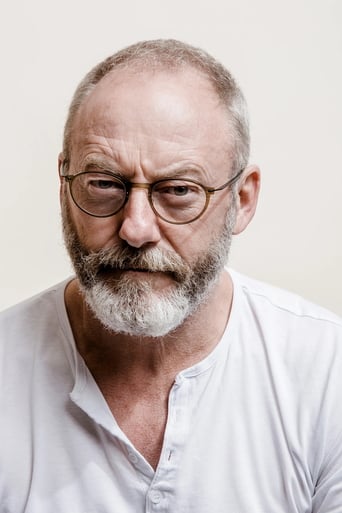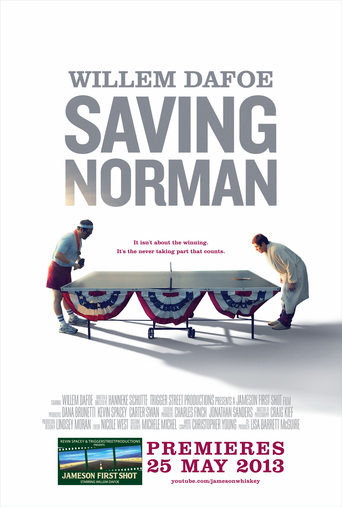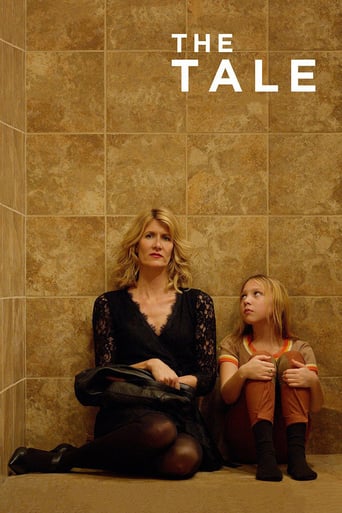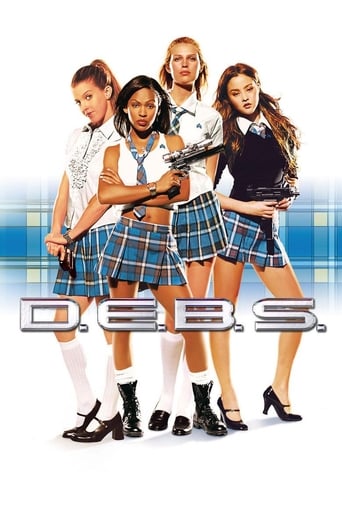Black Butterflies (2011)
Confronted by Apartheid and a father who was Minister of Censorship, Ingrid Jonker searched for a home, searched for love. With men like Jack Cope and André Brink she found much love, but no home. Later, in his first speech to the South African Parliament Nelson Mandela read her poem "The Dead Child of Nyanga" and addressed her as one of the finest poets of South Africa.
Watch Trailer
Cast
Similar titles
Reviews
Best movie of this year hands down!
There is, somehow, an interesting story here, as well as some good acting. There are also some good scenes
One of the most extraordinary films you will see this year. Take that as you want.
The film never slows down or bores, plunging from one harrowing sequence to the next.
After the death of their grandmother, young Ingrid Jonker (Carice van Houten) and her sister Anna were given to their estranged father Abraham (Rutger Hauer). He is an overbearing father and becomes the minister of censorship. She has a baby and can't get rid of her clingy husband. One day, she's rescued by writer Jack Cope (Liam Cunningham) and they begin a stormy affair.Maybe there is a compelling story in this person's bio. They didn't find it in this movie. Director Paula van der Oest has put in a lot of poetry and made a boring melodrama. The story has no excitement. Rutger Hauer plays domineering father well but he lacks menace and screen time. Ingrid Jonker's life is a mess and that's really all I got out of the movie.
The undeniable fact: we are born by parents. To be an individual: our responsible is to discard the parental form and replace our own. What we want to be and are. Guided by our very own ideas as model. Few reach this goal. A copy of what should be discarded. Not many manage and resume as copy their life. Among the not many is the life of Karin Jonkers. The fathers denial of his daughter, himself not only a writer but also a politician, made public in his speech his denial. The ultimate proof that both are individuals. Upright.Accepting the consequences. In public for all those cowards who choose the broad side of life. Like this his comment of her suicide has to be not only looked at but seen, reportedly he said: "They can throw her back in the sea for all I care." We have to, must as child of our parents discard the form we received at birth. By birth she was destined upper-class. Many are, growing up, revolutionary, sinking back into the comfortable frame of life. Even she. As it seemed. But consequently her loyalty was her own, focused on the South African questions many looked at, denying to see. Not caring what whoever told her to do: her divorced husband her lovers, her friend Jack Cope, himself a writer who always was there when needed. Nelson Mandela read her poem, "Die kind (wat doodgeskiet is deur soldate by Nyanga)" ("The child (who was shot dead by soldiers at Nyanga)"), in Afrikaans, during his address at the opening of the first democratically elected parliament on 24 May 1994.Ingrid Jonkers was homeless and in need of love. Apartheid, her father responsible for censorship was her enemy. Neither Jack Cope and Andre Brink helped or could help. She had to manage it alone. She was loved and loved but homeless. As it happened with the New Zealands poet and writer Janet Frame, also Ingrid Jonkers was periodical in a mental hospital: sent by her father! ... She and a few others home is the fringe of, what generally is called madness. But here, as society's fools, poetry and real life is the only true possibility. She is sane and insane. Not either-or but proofs that both is possible - as long as everything is given and nothing to loose and be taken.
"Black Butterflies", a biographical drama imagining the life and times of famed Afrikaner poet Ingrid Jonker (played with a distracting non-afrikaans accent by Carice van Houten), ventures through uneasy territory of a manic-depressive egocentric leech, who happens per chance to also be a brilliant poet. Focused mainly around her tentative affair with acclaimed novelist Jack Cope (Liam Cunningham), it also features subplots regarding her promiscuous behaviour and romance with Eugene Maritz (Nicholas Pauling), de facto a cryptic Andre Brink, and her conflicted relationship with her father Abraham Jonker (Rutger Hauer), who headed the censorship department of the Apartheid government.Through her tribulations (without much trials) the audience in swept into the demented and self-absorbed world of the poet with destructive tendencies and little more than a fleeting regard for anything outside of her own virtual obsessions and hyperbolized melodrama. Director Paula van der Oest and scriptwriter Greg Latter leave little sympathy for Ingrid Jonker, portraying her as compulsive, impulsive, bordering on alcoholic, accusatory in nature, morally repugnant with overwhelming inclinations towards destroying everything around her during her turbulent emotional whirlwinds, including overwhelming contemptuous disregard towards her own child. Nonetheless Ingrid remains fascinating and magnetic as a poet epitomised by her internal contradictions and fragility. If this movie was aimed at being an elegy towards the revered writer, than sadly it has failed. But as a character study of a troubled and turbulent individual, which by teasing brilliance ends up spiralling into despair and manic annihilation, it is a captivating experience.Despite her obvious issues with keeping an accent and the resulting meandering articulation Carice van Houten still manages to convey the obsessive Ingrid with her crippling character disorders. Nonetheless, despite much more limited screen time, she is indiscriminately overshadowed by Liam Cunningham and Rutger Hauer, who come en force in their respective roles. Nonetheless, script-wise the interactions between father and daughter feel dauntlessly underlined, not following through on the key importance of this relationship to Jonker's writings. Filtered through some brilliant cinematography and restrained direction with a touch of poetic artistry, the overall experience was extremely enticing, even if the divisive character of Ingrid Jonker is bound to push all the wrong buttons for many viewers.
Butterflies tries to show us the hardship of the poet Ingrid Jonker in the 50's and 60's in South Africa; her social and mental struggles and the clashes with her family. Striving for equality between the races, she finds herself opposed to her father who heads up a government censorship board. This could have been a good backdrop for some decent drama and the portrayal of a country raped by apartheid. But besides shoving an unlikable protagonist down our throats (Jonker), the film offered very little in the way of plot and dialog. What was presented in stead was a 90 minute volley of uneasy situations with Jonker interacting with characters who turned up whenever the script required it without a plot-inspired narrative flow. The connections to her surrounding characters are never really explored and the development of situations felt awkwardly and needlessly rushed. The interactions between Jonker and her father for example, which should have been key scenes in the film, lacked any additional purpose besides the very obvious. Screenwriter Greg Latter, who did much better when he wrote the screenplay for the 2007 movie Forgiveness, also set in South Africa, really missed the mark here by only serving up predictable dialog for a historical drama that already lacked a discernible outline.Neither van Houten nor Hauer were particularly convincing in their roles and the acting by Liam Cunningham made their performances pale in comparison. But it was most of all van Houten who clearly wasn't up to the task. Her crass Dutch accent was particularly annoying, especially considering how easy it should be for a Dutch actress to get the S.A. accent right. Her acting also felt a bit labored at times which was compounded by her role mostly being fed dramatic clichés.There's a good soundtrack however, accompanying some very beautiful imagery but the movie as a whole is a rather lackluster and exasperating watch. 45/100
